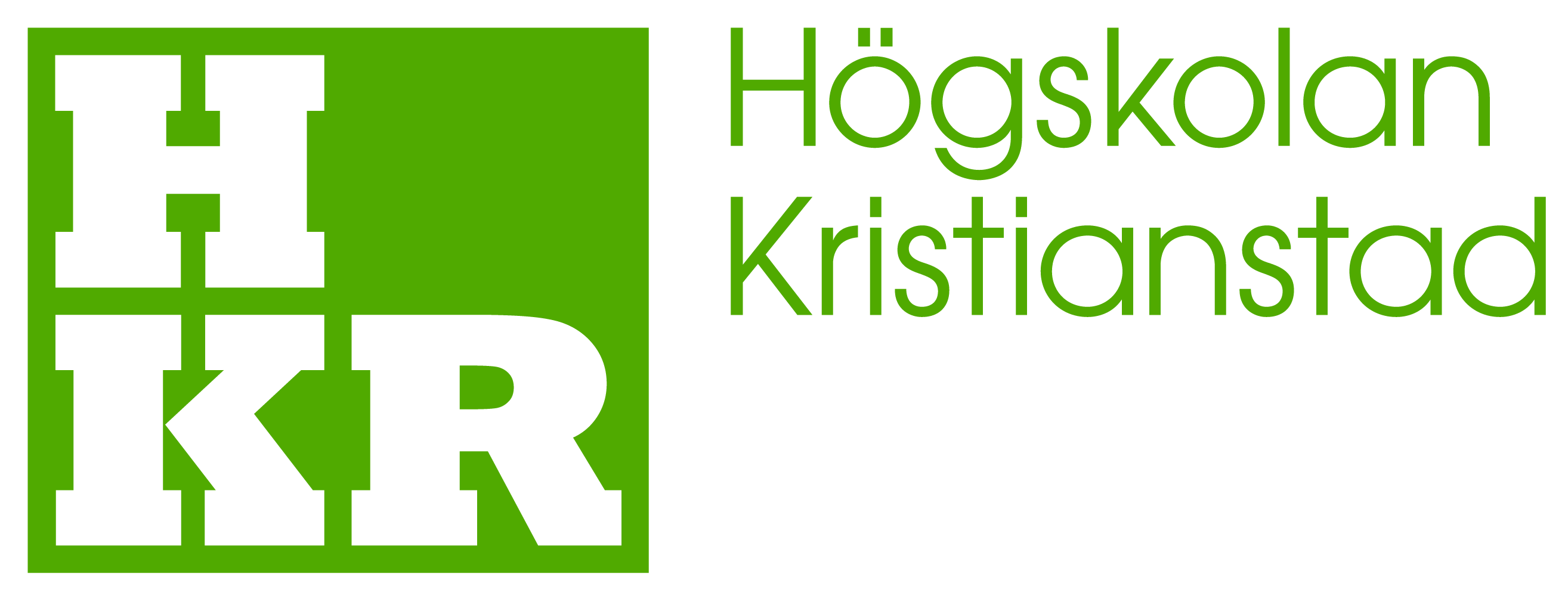The active interview / James A. Holstein, Jaber F. Gubrium.
Språk: Engelska Serie: Qualitative research methods series ; 37Utgivningsuppgift: Thousand Oaks, Calif. Sage, 1995Beskrivning: vii, 85 sISBN:- 0803958943
- 0803958951
- 300.723 20
- 300.723 22
- Oa:dd
- Oa:dd
| Exemplartyp | Aktuellt bibliotek | Placering | Hyllsignatur | Status | Streckkod | |
|---|---|---|---|---|---|---|
| Bok | Biblioteket HKR | Biblioteket | Metod Holstein | Tillgänglig | 11156000048966 |
Förbättrade beskrivningar från Syndetics:
"The book provides an academic basis for discussion and development of active interviewing methods. . . . The ideas raised. . . will be interesting and valuable to those involved in developing new methodologies in qualitative research and interviewing."
--Helen Masey in Social Research Association News
The interpretive turn in social science has taken the interview and turned it upside down. Once thought to be the pipeline through which information was transmitted from a passive subject to an omniscient researcher, the new "active interview" considers the interviewer and interviewee as equal partners in constructing meaning around an interview event. This changes everything - from the way of conceiving a sample to the ways in which the interview may be conducted and the results analyzed. In this brief volume, James A. Holstein and Jaber F. Gubrium outline the differences between the active interview and the traditional interview and give novice researchers clear guidance on conducting an interview that is the rich product of both parties.
Students and professionals who use qualitative methods in the fields of sociology, anthropology, communication, psychology, education, social work, gerontology, and management will find The Active Interview to be a helpful and cogent guidebook.
Dawson
Innehållsförteckning levererad av Syndetics
- Introduction
- The Active Interview in Perspective
- Assigned Competence and Respondent Selection
- Narrative Resources
- The Active Interviewer
- Constructing Meaning within the Interview
- Multivocality and Multiple Respondents
- Rethinking Interview Procedures
